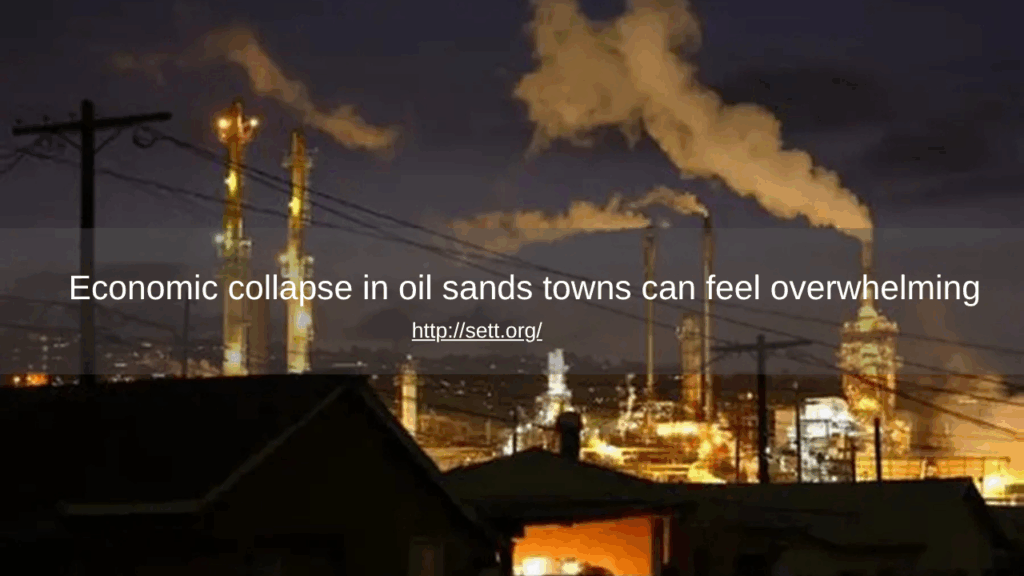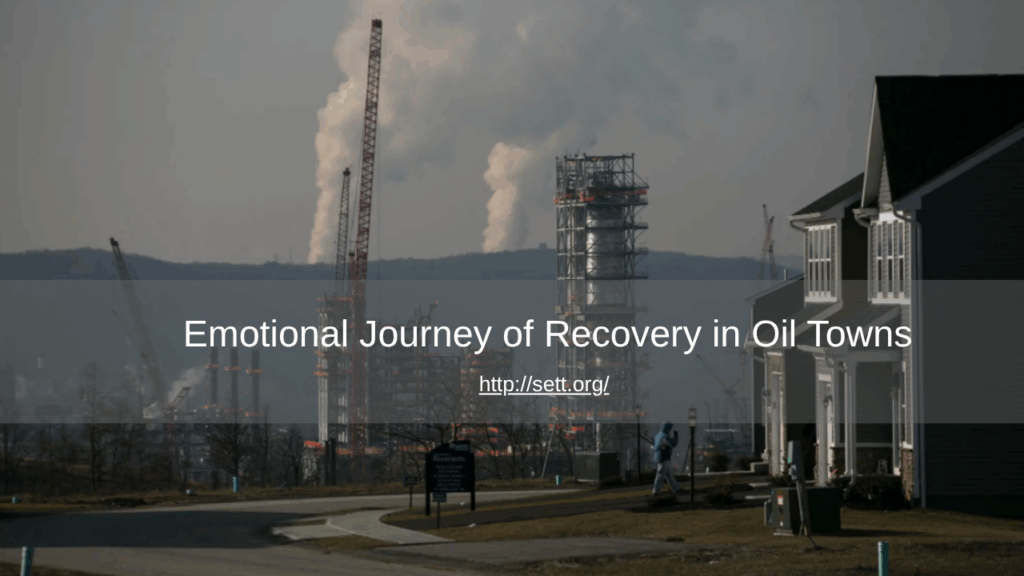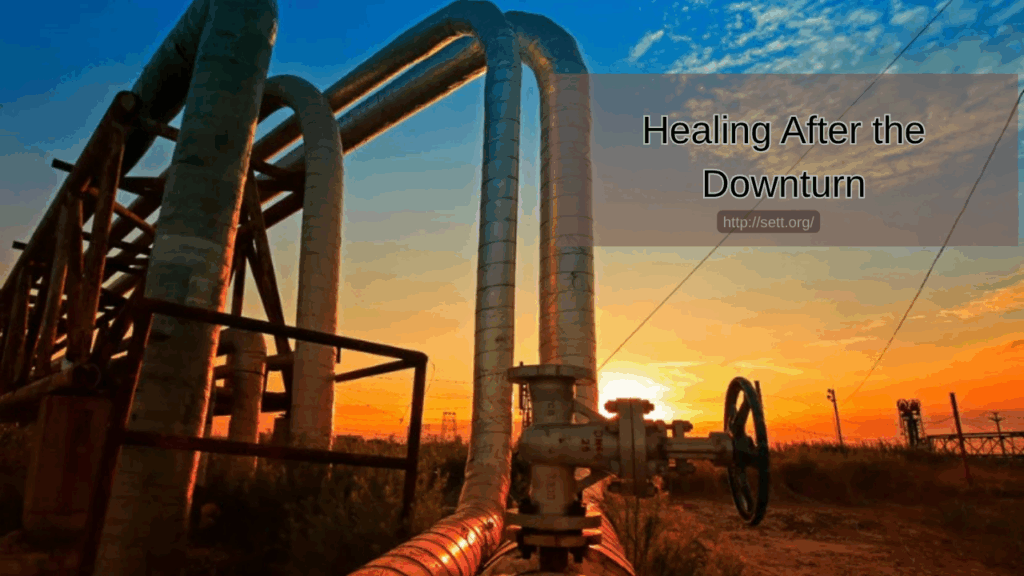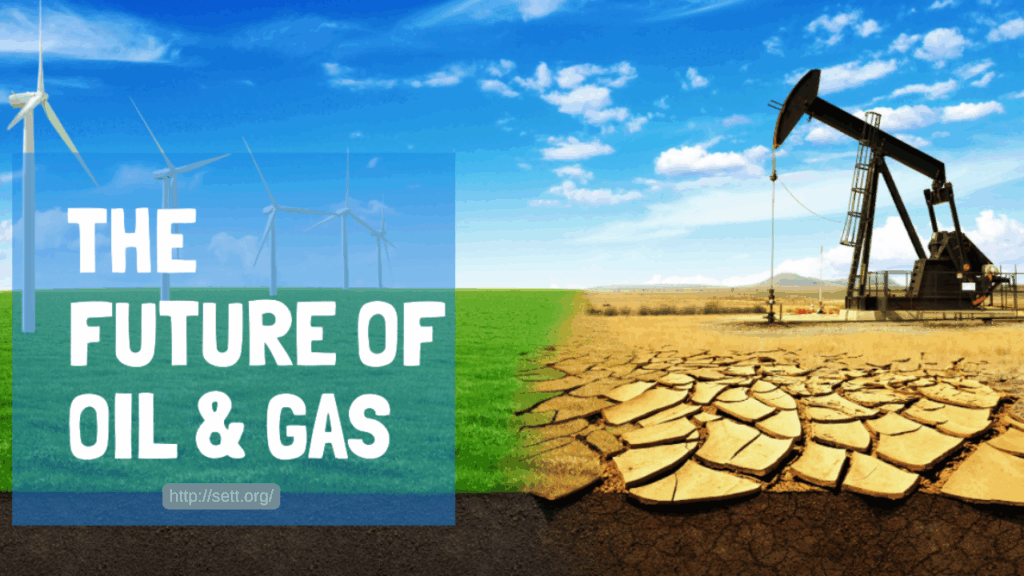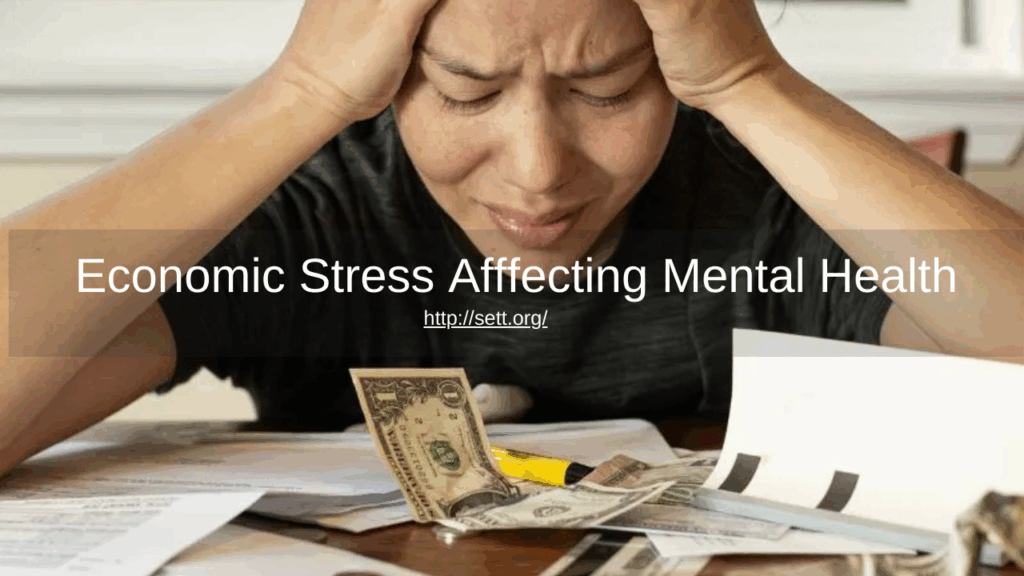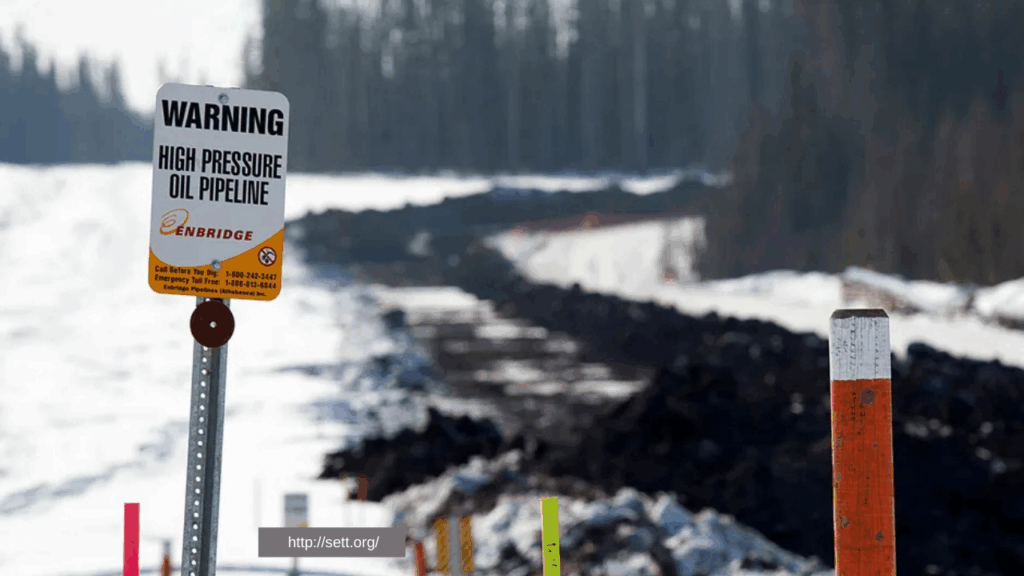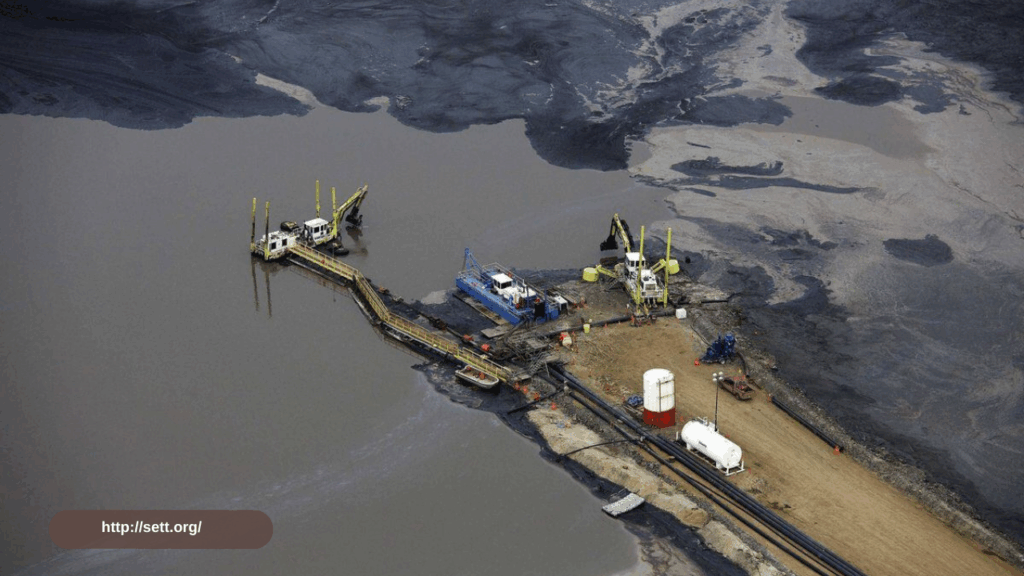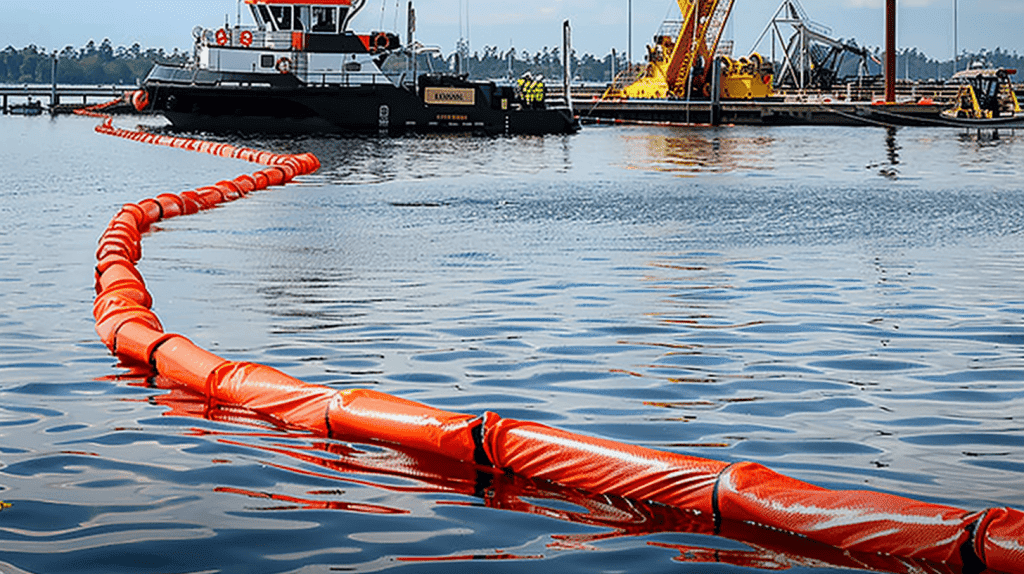
When an oil boom slows and the job market begins to shrink, the impact on individuals and families can feel immediate and overwhelming. Many residents in oil sands communities have built their lives around demanding work schedules, long rotations, and strong incomes. When that stability begins to fade, the shift can bring uncertainty, emotional strain, and increased vulnerability to addiction and mental health challenges. Yet even in these difficult moments, healing and renewed purpose are possible with the right support, the right tools, and a community that cares.
Understanding the Emotional Impact of a Changing Industry
The decline of job opportunities in oil towns affects far more than a paycheck. The loss of structure, identity, and routine can leave individuals feeling ungrounded and unsure of their next steps. Workers who once found purpose through their trade may struggle to imagine a future outside the industry. These emotional shifts often create stress, anxiety, frustration, and even grief.
When Stress Turns Into Something More
During a downturn, many people experience increased pressure to support their families or maintain their previous standard of living. As stress accumulates, some turn to substances to cope, a pattern that can quickly become difficult to control. Without support, temporary coping can become addiction, and emotional strain can develop into more serious mental health concerns.
Rediscovering Purpose During Transition
Creating Space for Self Reflection
When the familiar routines of the oil sands fade, it becomes important to step back and reflect on personal values, strengths, and long term goals. This shift can be uncomfortable, but it often becomes the first step toward building a life that supports emotional well being and long term stability.
Through counseling and individualized support at SETT, individuals can explore their identity beyond their job title. This process allows them to reconnect with their personal goals, discover new passions, and recognize their inherent worth.
Building New Skills and Mindsets
Recovery and emotional stability often require developing new coping strategies. Holistic care, including faith based guidance, mindfulness practices, and professional mental health treatment, helps individuals build resilience. These tools support better decision making, healthier habits, and a renewed sense of confidence, even during economic uncertainty.
Strengthening Community Support
Finding Connection in Shared Experience
One of the greatest protective factors during economic downturns is community. When individuals connect with others who understand the challenges of job loss, isolation, and stress, they feel less alone. Peer groups, family support systems, and spiritual communities provide encouragement and accountability.
Family Healing and Stability
Families often experience their own version of the downturn. Roles shift, stress increases, and communication can become strained. SETT offers support that includes family members, helping households rebuild trust, stability, and healthy communication patterns. This collaborative healing strengthens the entire community.
Professional Care for Long Term Healing
Holistic and individualized treatment is essential for those dealing with addiction, anxiety, depression, or emotional instability after job loss. SETT provides a compassionate blend of inpatient and outpatient services that address the whole person. Care plans are tailored to each individual, integrating therapy, faith based practices, and wellness strategies that nurture physical, emotional, and spiritual health.
This approach not only supports recovery but empowers individuals to move forward with clarity and renewed purpose.
Moving Toward a Brighter Future
Economic shifts can feel unpredictable, but healing and growth remain possible regardless of external change. When individuals find stability within themselves through recovery, connection, and faith, they become better equipped to navigate whatever lies ahead.
Take the First Step Today
If you or someone you care about is struggling with addiction, stress, or emotional challenges due to the changing oil sands economy, help is within reach. SETT provides compassionate, personalized care that supports every step of the healing journey.
Visit www.sett.org to connect with a team dedicated to helping you find purpose, stability, and renewed hope.
